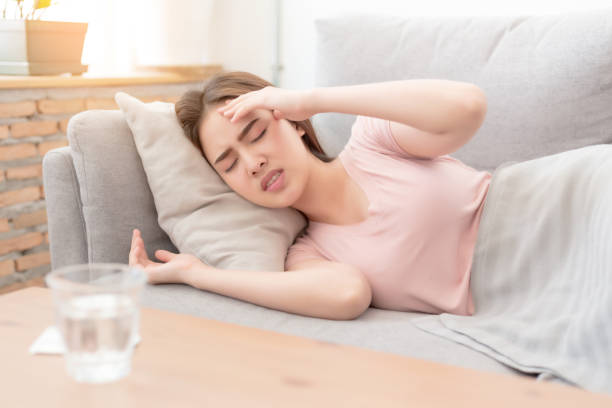Psychosomatic disorders, also known as psychophysiological disorders, are medical conditions where psychological stress and anxiety cause physical symptoms. These disorders can affect any part of the body and can range from mild to severe. The connection between the mind and body is complex, and the symptoms of psychosomatic disorders often overlap with other medical conditions. However, with proper treatment and support, people with psychosomatic disorders can lead healthy and fulfilling lives.
Symptoms of Psychosomatic Disorders
Headaches: Tension headaches, migraines, and other types of headaches are common symptoms of psychosomatic disorders. These headaches can be caused by stress, anxiety, and depression.
Gastrointestinal Issues: Irritable bowel syndrome (IBS), nausea, and stomach cramps are common symptoms of psychosomatic disorders. These symptoms can be caused by stress, anxiety, and depression.
Cardiac Issues: Palpitations, chest pain, and rapid heartbeat are common symptoms of psychosomatic disorders. These symptoms can be caused by stress, anxiety, and depression.
Musculoskeletal Issues: Muscle tension, joint pain, and back pain are common symptoms of psychosomatic disorders. These symptoms can be caused by stress, anxiety, and depression.
Skin Issues: Hives, rashes, and eczema are common symptoms of psychosomatic disorders. These symptoms can be caused by stress, anxiety, and depression.
Respiratory Issues: Asthma, shortness of breath, and wheezing are common symptoms of psychosomatic disorders. These symptoms can be caused by stress, anxiety, and depression.
Treatment for Psychosomatic Disorders
Psychotherapy: Psychotherapy is a form of talk therapy that helps people with psychosomatic disorders address their underlying psychological issues. A therapist can help individuals learn coping skills, reduce stress and anxiety, and improve their overall mental health.
Medication: Antidepressants and anxiolytics can be used to treat psychosomatic disorders. These medications help to regulate the levels of neurotransmitters in the brain, reducing symptoms of anxiety and depression.
Mind-Body Techniques: Mind-body techniques, such as meditation, deep breathing, and yoga, can help individuals with psychosomatic disorders reduce stress and improve their overall well-being.
Lifestyle Changes: Making changes to one’s lifestyle can also help to reduce the symptoms of psychosomatic disorders. This may include improving sleep habits, eating a balanced diet, and reducing alcohol and caffeine consumption.
Support Groups: Support groups provide a supportive environment where individuals with psychosomatic disorders can share their experiences and support one another. Joining a support group can help to reduce feelings of isolation and improve overall well-being.
Conclusion
Psychosomatic disorders can cause significant physical and emotional distress. However, with proper treatment and support, individuals with psychosomatic disorders can lead healthy and fulfilling lives. Psychotherapy, medication, mind-body techniques, lifestyle changes, and support groups are all effective forms of treatment for psychosomatic disorders. If you are experiencing physical symptoms that may be related to a psychosomatic disorder, it is important to seek help from a mental health professional. With the right treatment and support, you can reduce your symptoms and improve your overall well-being.

 Home
Home Health
Health Diet & Nutrition
Diet & Nutrition Living Well
Living Well More
More












